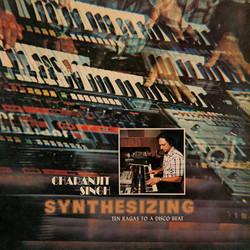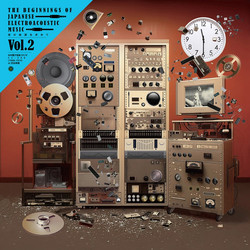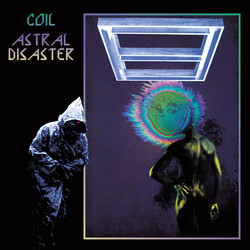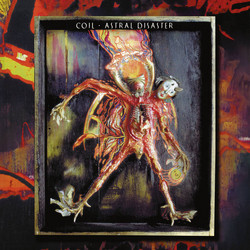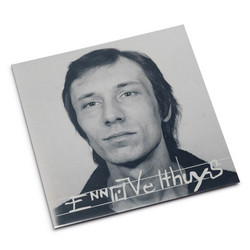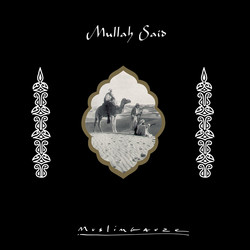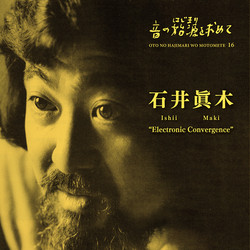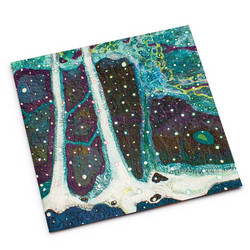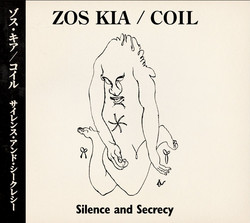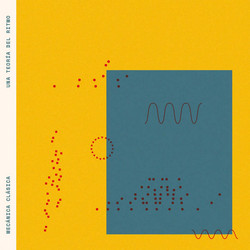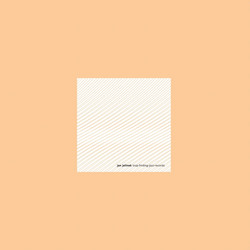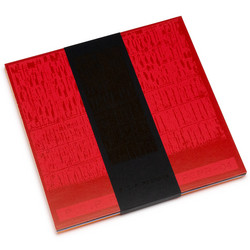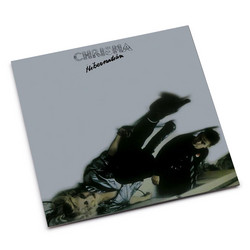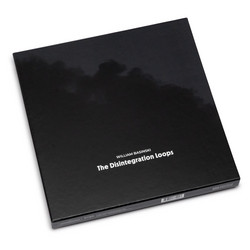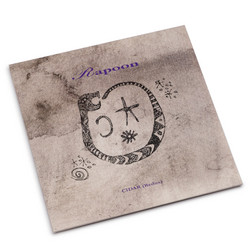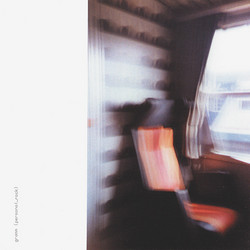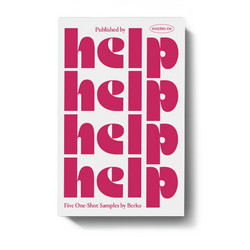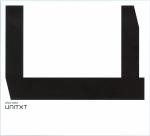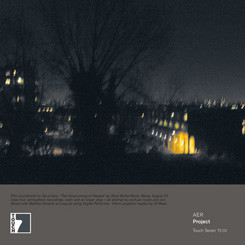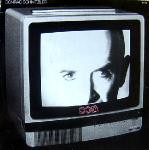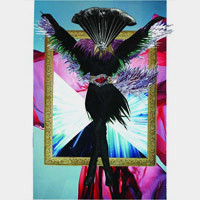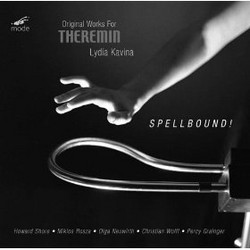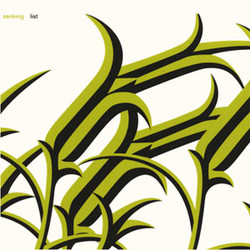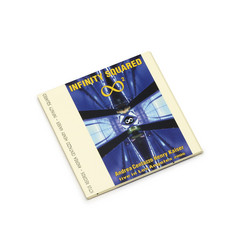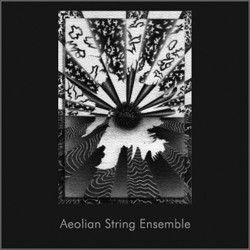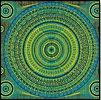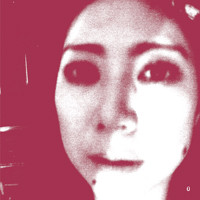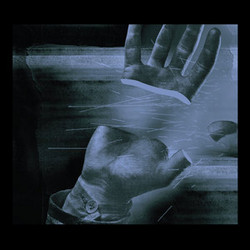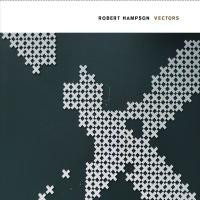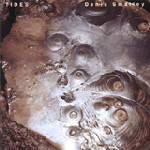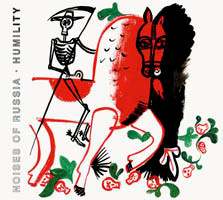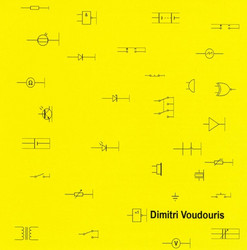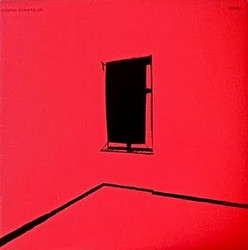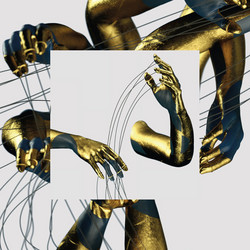Robert FINK
Repeating Ourselves: American Minimal Music as Cultural Practice
Label: UNIVERSITY PRESSES OF CALIFORNIA, COLUMBIA AND PRINCETON
Format: BOOK
Genre: Electronic
Out of stock
One of the most important, and clearly the most culturally and theoretically informed, of any of the major studies on minimalism. No other book comes remotely close to establishing the historical links between early postmodernist Euro-American social changes. Fink's scholarship is as impeccable as his readings of minimalist compositions are stunningly insightful. Not least, the book is beautifully written."--Richard Leppert, editor of "T. W. Adorno, Essays On Music"
"A model of interdisciplinary scholarship at its best. "Repeating Ourselves" is now the central study on both minimalism and on repetition. This is an excellent book, and very important indeed."--Anahid Kassabian, author of "Hearing Film"
Where did musical minimalism come from--and what does it mean? In this significant revisionist account of minimalist music, Robert Fink connects repetitive music to the postwar evolution of an American mass consumer society. Abandoning the ingrained formalism of minimalist aesthetics, "Repeating Ourselves "considers the cultural significance of American repetitive music exemplified by composers such as Terry Riley, Steve Reich, and Philip Glass. Fink juxtaposes repetitive minimal music with 1970s disco; assesses it in relation to the selling structure of mass-media advertising campaigns; traces it back to the innovations in hi-fi technology that turned baroque concertos into ambient "easy listening"; and appraises its meditative kinship to the spiritual path of musical mastery offered by Japan's Suzuki Method of Talent Education.
"A model of interdisciplinary scholarship at its best. "Repeating Ourselves" is now the central study on both minimalism and on repetition. This is an excellent book, and very important indeed."--Anahid Kassabian, author of "Hearing Film"
Where did musical minimalism come from--and what does it mean? In this significant revisionist account of minimalist music, Robert Fink connects repetitive music to the postwar evolution of an American mass consumer society. Abandoning the ingrained formalism of minimalist aesthetics, "Repeating Ourselves "considers the cultural significance of American repetitive music exemplified by composers such as Terry Riley, Steve Reich, and Philip Glass. Fink juxtaposes repetitive minimal music with 1970s disco; assesses it in relation to the selling structure of mass-media advertising campaigns; traces it back to the innovations in hi-fi technology that turned baroque concertos into ambient "easy listening"; and appraises its meditative kinship to the spiritual path of musical mastery offered by Japan's Suzuki Method of Talent Education.
Details
Cat. number: 9780520245501
Year: 2009
